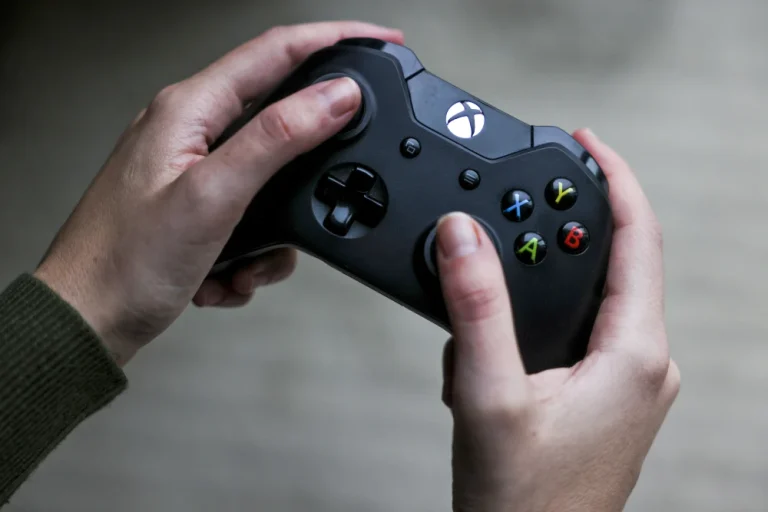Xbox Raises Prices on Consoles, Controllers, and Headsets Amid Global Tariffs and Market Pressures
Gamers will soon have to dig deeper into their wallets as Xbox increases prices across a range of its hardware, citing global tariffs and broader market pressures impacting consumer costs in the U.S.
On Thursday, Microsoft’s Xbox division announced it has raised the suggested retail prices for its consoles and controllers worldwide, and plans to increase prices for select games later this year.
“We understand these changes can be difficult, and they were made after thoughtful consideration of market dynamics and the rising costs of game development,” the company stated. “As we move forward, we remain committed to delivering more ways to play across devices and ensuring value for our Xbox community.”
In the U.S., the price of the flagship Xbox Series X has jumped from $499 to $599. The Series X Digital is now listed at $549.99, while the Series X 2TB Galaxy Special Edition will cost $729.99. The Xbox Series S models have also seen a bump—rising by $80 to $379.99 for the 512GB version and $429.99 for the 1TB variant.
Xbox also indicated that console availability may continue to vary depending on region and retail partner.
Wireless controllers are now priced starting at $64.99, with higher-end models reaching up to $199.99. However, accessibility-focused accessories like the Adaptive Controller and Adaptive Joystick will retain their current prices.
In the U.S. and Canada, Xbox headsets are also seeing an increase. Stereo models now start at $64.99, while wireless versions are set at $119.99. Although current game prices remain unchanged, Microsoft said it plans to raise the cost of some new first-party titles to $79.99 starting this holiday season.
“Local pricing may differ across countries and platforms,” a Microsoft spokesperson explained via email. “These changes reflect regional factors such as currency fluctuations and local market conditions.”
The announcement sparked frustration among some in the gaming community, coming just weeks after Nintendo implemented similar price increases, raising the cost of certain games to $79.99 and signaling accessory price adjustments tied to economic conditions.
The broader context includes the impact of tariffs originally imposed during the Trump administration, which continue to affect pricing on a wide array of goods—from electronics and vehicles to everyday consumer items. Many businesses, including online retail giants like Amazon, Temu, and Shein, have also warned customers of potential price hikes as they navigate ongoing economic pressures tied to international trade policies.

